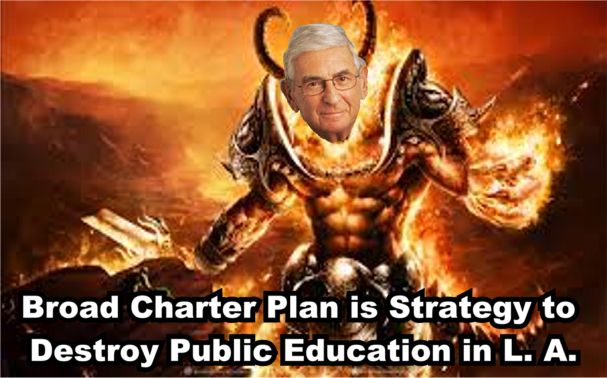Charter school association draws financial battle lines in Assembly race

WATSONVILLE >> As the dust settles on the primaries, Anna Caballero’s 20-point lead over Karina Cervantez Alejo in the race for the 30th Assembly District stands out as one of the few unexpected outcomes of the June 7 vote.
Despite receiving a host of key early endorsements, including a nod from the California Democratic Party, Cervantez Alejo only received 25 percent of the vote in comparison to Caballero’s 45 percent.
Although it is difficult to discern the precise reasons for this outcome, it is clear the race was affected to some degree by a committee called Parent Teacher Alliance, sponsored by California Charter Schools Association Advocates Independent Expenditure Committee, which poured $948,432 into Caballero’s campaign in the months leading up to the election.
As the political arm of the California Charter Schools Association, California Charter Schools Association Advocates promotes charter schools in the public policy arena by supporting candidates who they believe will prioritize their mission in Sacramento.
“We look at individuals whose backgrounds are diverse and have a broad perspective; candidates who are champions of students and have experience serving the community,” said Richard Garcia, campaign election communications director for the California Charter Schools Association.
While Garcia said that the California Charter Schools Association is funded by “a broad coalition” of contributors, five people are responsible for more than 80 percent of the association’s donations since July 2015.
Those contributors are Netflix CEO Reed Hastings of Santa Cruz, GAP co-founder Doris Fisher, entrepreneur Eli Broad, former hedge fund manager John Arnold, and Carrie Walton Penner, heir to the Wal-Mart fortune.
“I’m not sure what assumptions the billionaires spending money to defeat me made about my position on charter schools because I was never interviewed by them,” said Cervantez Alejo. “And if they had, they would have learned that I have worked with teachers and students from local charter schools such as Ceiba and Allianza. And as a legislator, I would always perform my due diligence in investing in strong quality education for all of our students.”
Caballero said she was unaware of the California Charter Schools Association’s support until it created the independent expenditure committee. She said the campaign contributions would not affect her voting record if she is elected.
“There’s an implication that if someone supports you financially, you are going to vote their way. That’s not the case. I have an open door policy. Everyone gets in. I listen, I study the facts and I decide how I’m going to vote based on that,” Caballero said.
So why has education come to define the battle lines of California’s legislative races?
“That’s a little unclear, but education represents a huge piece of the spending in California’s budget and these parties want to decide how that spending is done,” said Rob Pyer, research director of California Targetbook, which performs a nonpartisan review of legislative races.
What is clear is that the strategy is not isolated to the 30th Assembly District. A similar dynamic played out in 17 other Assembly races across the state.
“We saw (California Charter Schools Association) back the more moderate candidate in a lot of Charter school association draws financial battle lines in Assembly race:




